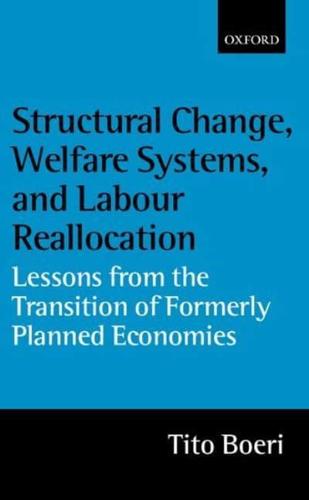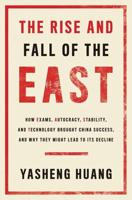Publisher's Synopsis
This books deals with labour reallocation in the midst of structural change, drawing on the experience of economic transition in formerly planned economies. It details those features of social welfare systems best suited to fostering structural change while at the same time reducing social costs. The interaction between labour and social policies is studies, showing the crucial role that non-employment benefits play in both the scope and the speed of transition. By including the influence of education systems, institution-building, and policy-enforcement mechanisms, this book goes beyond previous studies to provide a detailed analysis of the many contributing factors to the success or failure of the transition process.










